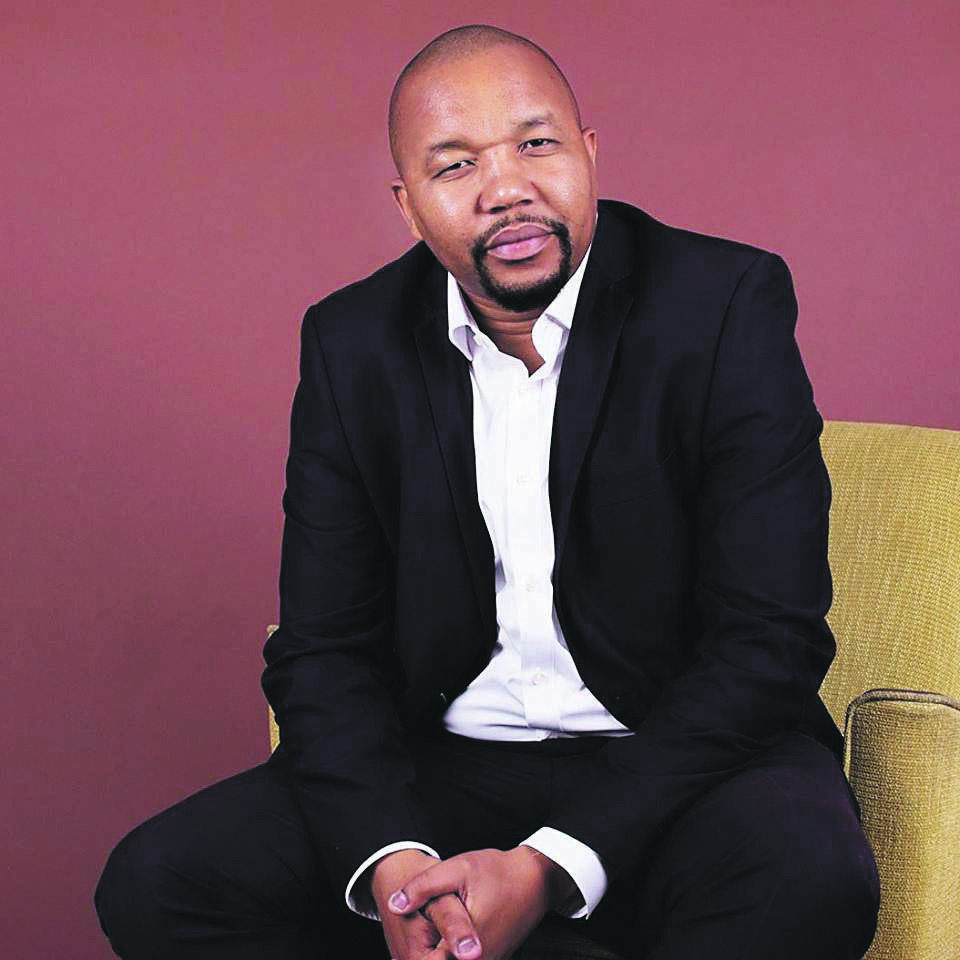The ANC has always insisted, throughout its history, and especially at the founding of its military wing Umkhonto weSizwe in 1961, that all its members must understand and embrace the organisation’s strategic perspective of nonracialism, even against a hostile environment perpetuated by the white apartheid regime.
The ANC, however, equally insisted that white people who supported the struggle for freedom were part of the forces of the revolution.
Those who resisted change, however, the stooges of the gone-by era, would most likely, and quite regrettably, be casualties of change.
Nonracialism, therefore, has not meant and could not be understood to mean we cannot call out white people who are against the rights and interests of the black majority.
In this regard, ANC secretary-general Ace Magashule should have been categorical about abelungu (whites) who were racists.
In Cape Town, given the daily experiences of all black people, it seems all white people harbour deep anti-black sentiments.
Whether it’s the elected councillors who are daily caught making vile and racist comments, to the entire DA government with its racist policies and programmes, to the restaurant owners who exclude black customers or the very racist estate agents who want to whiten homeownership, racism seems to be a stain from which this city can’t rid itself.
The Western Cape is a fiefdom of the abelungu and to contend that, in the name of nonracialism, in the face of a racist government, they must continue to be given governing power is offensive in the extreme, particularly to the black majority.
In Cape Town most black people wake up wondering what unpleasant experience they are going to encounter from the white racists who are emboldened by a white government.
White people in this city seem to make it their daily commitment to desecrate and humiliate black people and they try, every day, to ensure that they maintain apartheid white privilege and black exclusion and subjugation.
I have dealt with young black men who have been asked to leave white restaurants, black employees at banks who are victimised or industry workers where a white owner has told black workers “this is not an ANC company, go to Mandela to ask for your money”.
To insist that these white people must not be called out in the Western Cape in the name of nonracialism is to ask for colour blindness from black people.
“In a colour-blind society, white people, who are unlikely to experience disadvantages due to race, can effectively ignore racism ... justify the current social order and feel more comfortable with their relatively privileged standing in society.” (Fryberg, 2010)
The biggest challenge in the Western Cape, 25 years into our democracy, is that of the colour line.
This is partly historic because Cape Town was a colonial entry point and became the first place where severe colonial experiments occurred.
This colour-line problem follows black people up and down the social spectrum. It does not matter which rung of the social ladder black people occupy, being black constantly works against them in this province.
This is confirmed daily by many black professionals who leave the province for the City of Gold.
“I’m tired of being an angry black person,” said Tinyiko Ngwenya, a chartered accountant, on her way to make Johannesburg her new home.
Success here has a white face and it starts in the corridors of the provincial government.
While Cape Town is 80% black, the divisional directors of the provincial government alone are 70% white. That then informs everything else, from government policy to the conceptualisation of programmes.
Integration is still a one-way street, blacks assimilating to whites. After 400 years, white people can’t pronounce our names, can’t speak our languages and can’t identify with black people’s challenges, such as a lack of spaces.
So black people find themselves having to assimilate. If your name is Tinyiko you must let then call you “Tiny”; you find your black self assimilating to their language, tastes and culture because you are a minority of one, at every board meeting, every restaurant, every school play.
It’s disheartening.
The fact that a black person can still be a minority, being made to feel unwelcome in most of affluent Cape Town, is testament that white people continue to entrench racism in the Western Cape.
Most experiences are anecdotal, which is why someone such as Premier Helen Zille can deny racism exists in Cape Town. She has no personal encounter with it.
Until a black government takes over the Western Cape, sensitivity with racial victimisation will not exist.
As Ngwenya said: “No matter how hard I worked, I did not really feel good enough and that inferiority complex was as a result of being a minority.”
Let us be very clear: Race does matter, as it affects opportunities, perceptions, income and so much more. We are a nonracial country but not a colour-blind one. We must call out white people who build a racist government and racist communities.
Deborah Holoien, an assistant professor of psychology at Amherst College, said colour blindness causes stress to victims of racism and results in decreased cognitive performance.
We have a moral obligation to remove racists from government, from our communal spaces and from ownership positions in this city.
Diko is a spokesperson of the ANC in the Western Cape




 Publications
Publications
 Partners
Partners









